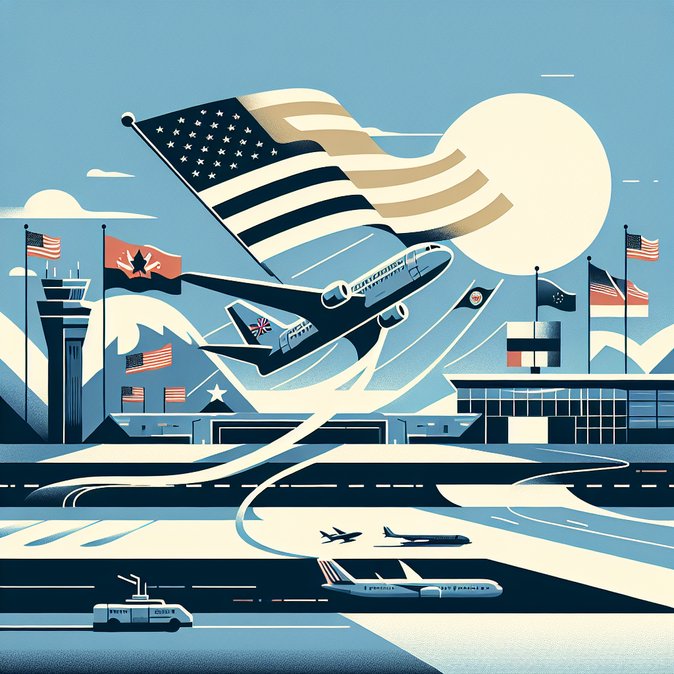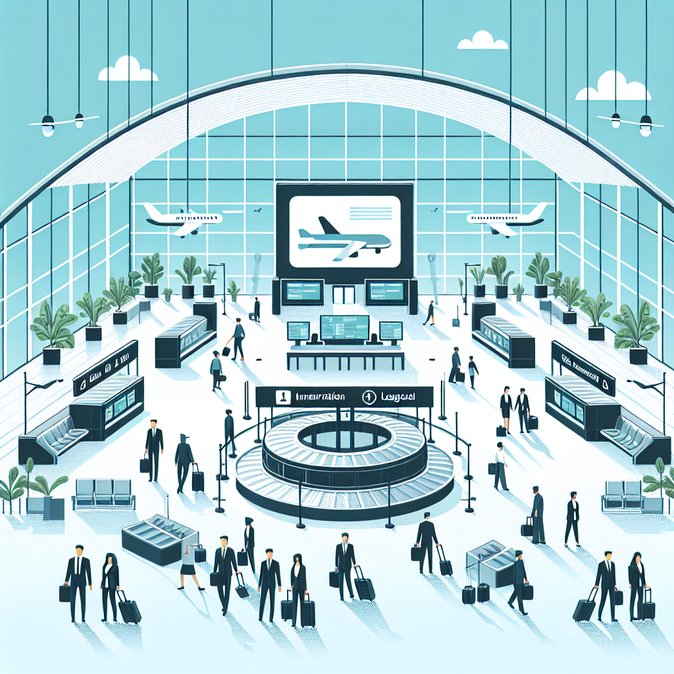
Figures released to the Dáil reveal that Ireland has waived more than €10 million in en-route air-traffic charges for US military aircraft transiting Irish-controlled airspace since 2018. The data, first reported by TheLiberal.ie on 17 November 2025, show that AirNav Ireland would normally bill such flights, but the Government routinely exercises its discretion to exempt foreign military movements.
In addition to the forgone charges, the Defence Forces spent almost €1 million providing security support for US aircraft at Shannon Airport between 2018 and 2022. Transport Minister Darragh O’Brien defended the practice, noting that 41 of EUROCONTROL’s member states apply similar exemptions.
![Irish Taxpayers Pick Up €10 Million Air-Traffic Bill for US Military Flights]()
Business-travel stakeholders point out that the fee waivers do not directly affect commercial airlines, whose route charges remain unchanged. However, aviation analysts argue that foregoing revenue places additional pressure on AirNav Ireland to keep its user-fees competitive, potentially shifting costs onto civilian carriers over time.
For multinational firms routing staff or cargo through Shannon or trans-Atlantic corridors, the revelation raises questions about capacity allocation and the transparency of state support for military activity. Companies with tight logistics schedules may lobby for more detailed notice of military traffic that can cause slot restrictions during peak periods.
Opposition TDs have called for a review of the exemption policy ahead of the 2026 Defence White Paper. Any change could see foreign militaries billed in line with commercial operators, modestly boosting AirNav Ireland’s revenues but also testing Ireland’s neutral yet US-friendly stance.
In addition to the forgone charges, the Defence Forces spent almost €1 million providing security support for US aircraft at Shannon Airport between 2018 and 2022. Transport Minister Darragh O’Brien defended the practice, noting that 41 of EUROCONTROL’s member states apply similar exemptions.

Business-travel stakeholders point out that the fee waivers do not directly affect commercial airlines, whose route charges remain unchanged. However, aviation analysts argue that foregoing revenue places additional pressure on AirNav Ireland to keep its user-fees competitive, potentially shifting costs onto civilian carriers over time.
For multinational firms routing staff or cargo through Shannon or trans-Atlantic corridors, the revelation raises questions about capacity allocation and the transparency of state support for military activity. Companies with tight logistics schedules may lobby for more detailed notice of military traffic that can cause slot restrictions during peak periods.
Opposition TDs have called for a review of the exemption policy ahead of the 2026 Defence White Paper. Any change could see foreign militaries billed in line with commercial operators, modestly boosting AirNav Ireland’s revenues but also testing Ireland’s neutral yet US-friendly stance.


